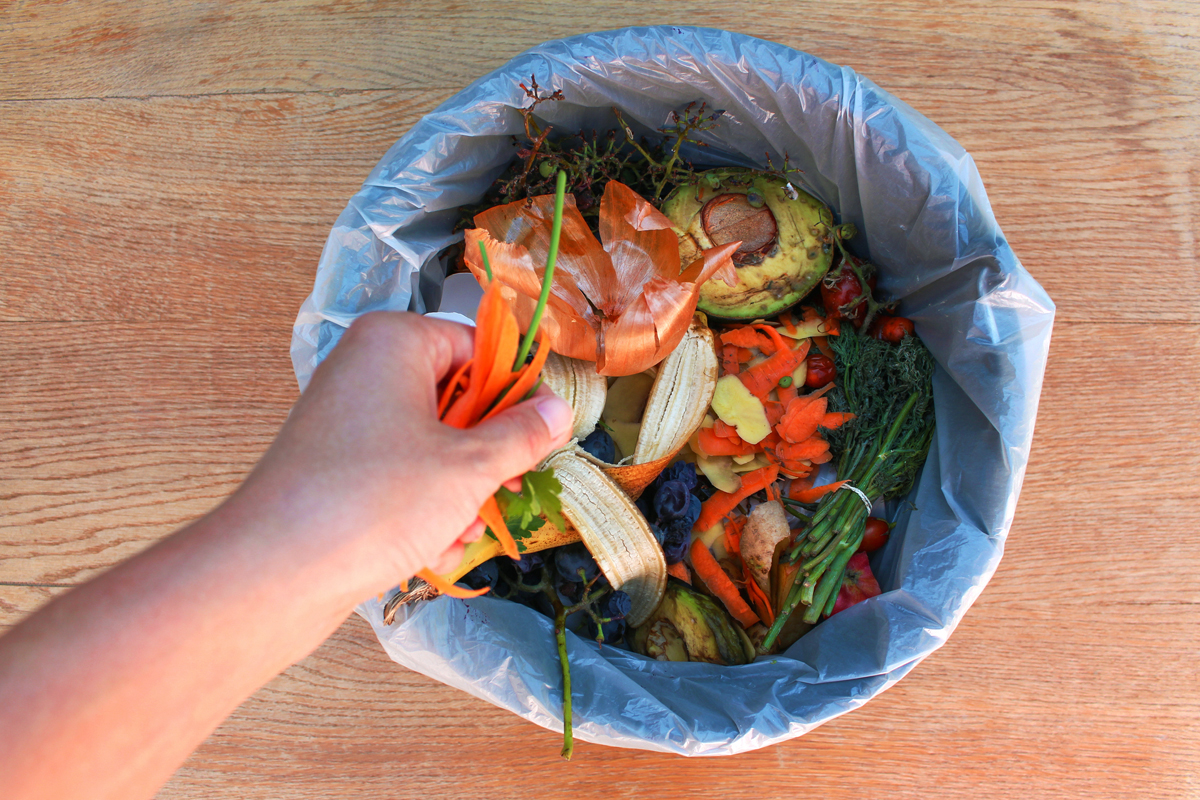A few days back, I discarded some food and right afterward I felt guilty. A lot guilty.
Yes, food waste bothers me that much. So much that I can say my blood boils when I see people smashing food, making shoes out of buns and throwing it all in the bin. All of that…for nothing.
You’ll notice that the phrase “I hate food waste” will be highlighted throughout my article. But, the reason for sharing my school of thought is not because food waste is a common and huge problem affecting millions and millions of hungry people around the world, but my approach is more aimed at changing, or at least, convincing to some extent, a dearest loved one that avoiding food waste should be more a willing individual choice rather than a forced worldwide belief.
Understand “Food Waste”

At one time in the human spectrum, people didn’t quite get the “meaning” of food waste.
Let me make it simple for you.
Food waste is not only about wasting a few crumbs out of your bread but much more than that.
Imagine this: You are at a five-star restaurant. You go to the buffet, take your plate and fill it up like a mountain. You eat one or two things, then throw up the rest.
Where’s the problem exactly? I paid for it!
Next, you cook six chicken breasts. You eat three, then let the rest sit on the table or in the fridge for three weeks only to throw them out afterward.
Or, you take a bite out of an apple, decide it’s not much up to your taste and just throw it in the trash.
I could go on and on with the examples, only to make you see what food waste is.
But, the real question here is: why should you bother or feel guilty if you are wasting one or three to four apples? What difference will it bring in the world?
The “Real” Difference

You might be expecting me to come up with reasons like how throwing billion tons of food in landfills will only end up contributing to the creation of greenhouse gas emissions and further damaging the environment, leading to an eventual detrimental impact on flora and fauna and nature’s balance.
Not that I deny this fact. Nor the fact that food waste by individuals, in retail businesses, households, restaurants and other institutions can cause significant economic concerns – where food waste amounts to approximately $1trillion lost – and social issues, leaving thousands of children dying out of starvation.
However, I’m not going to use the excuse of how many African children could have been fed with the food that you’ve wasted. My argument here is not on the consequences of throwing away food but instead on respect.
Respect, not really for the food nor for starving people.
But, rather for those who toiled so much to bring this food to you.
The Food Producers

For one moment, think about the job your father does. Is he a stonemason, a woodworker, builder, plumber or office man?
How would you have felt if people trampled over his work?
To better understand this point of view, imagine your father in the place of that farmer and now think about all the efforts he will make for that food to be made.
Sowing seeds, growing harvest and doing hard labor by getting soaked in the rain and getting burned under the blazing sun is something he’ll invest in to get food on your plates.
If you think about it, hundreds and hundreds of farmers are working under the scorching heat just to make sure you get that perfectly edible food.
But, the moment you say, “eh, I bought too much, I will just throw the rest away,” it’ll feel as if you are trampling, disregarding and disrespect the hard work of such people.
You are not only throwing off a piece of chicken that you can’t add to your stomach, you are wasting away the countless efforts and hours the workers spent toiling.
Forget the fact that some people do not have access to this luxury. But, to be lucky enough to have food, isn’t it somewhere to be graced with a blessing that you should be more grateful about rather than just throwing some of it away?
Think of a gift or anything you’ve offered to someone special.
True that the moment you offered it to that person, it no longer belongs to you, but to them. So, technically, they have the right to do whatever they want with it. But, wouldn’t you be sad if they just threw it away without considering the feelings or the efforts behind it?
Somewhere, doesn’t the same apply to food?
Throwing away a little food isn’t like throwing away a tiny part of that hard-earned blessing?
